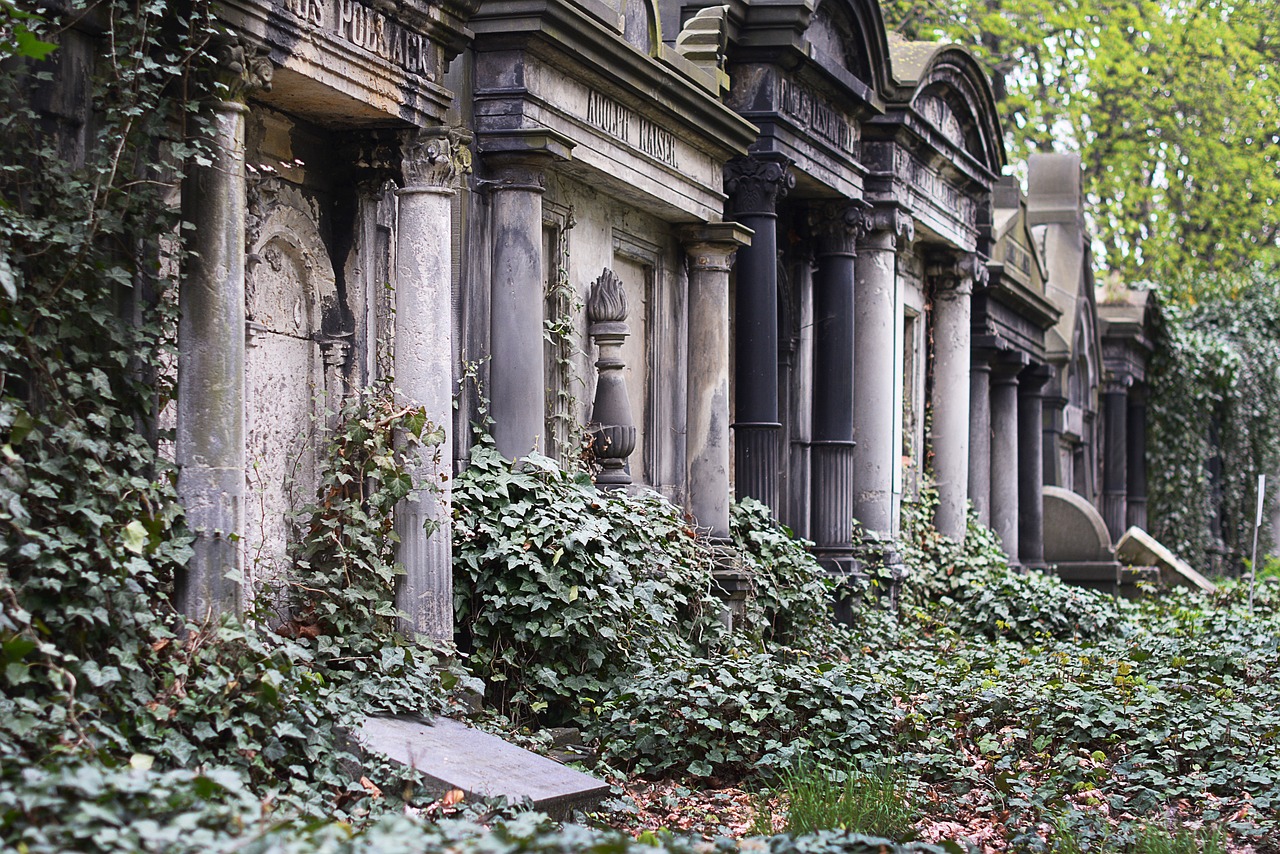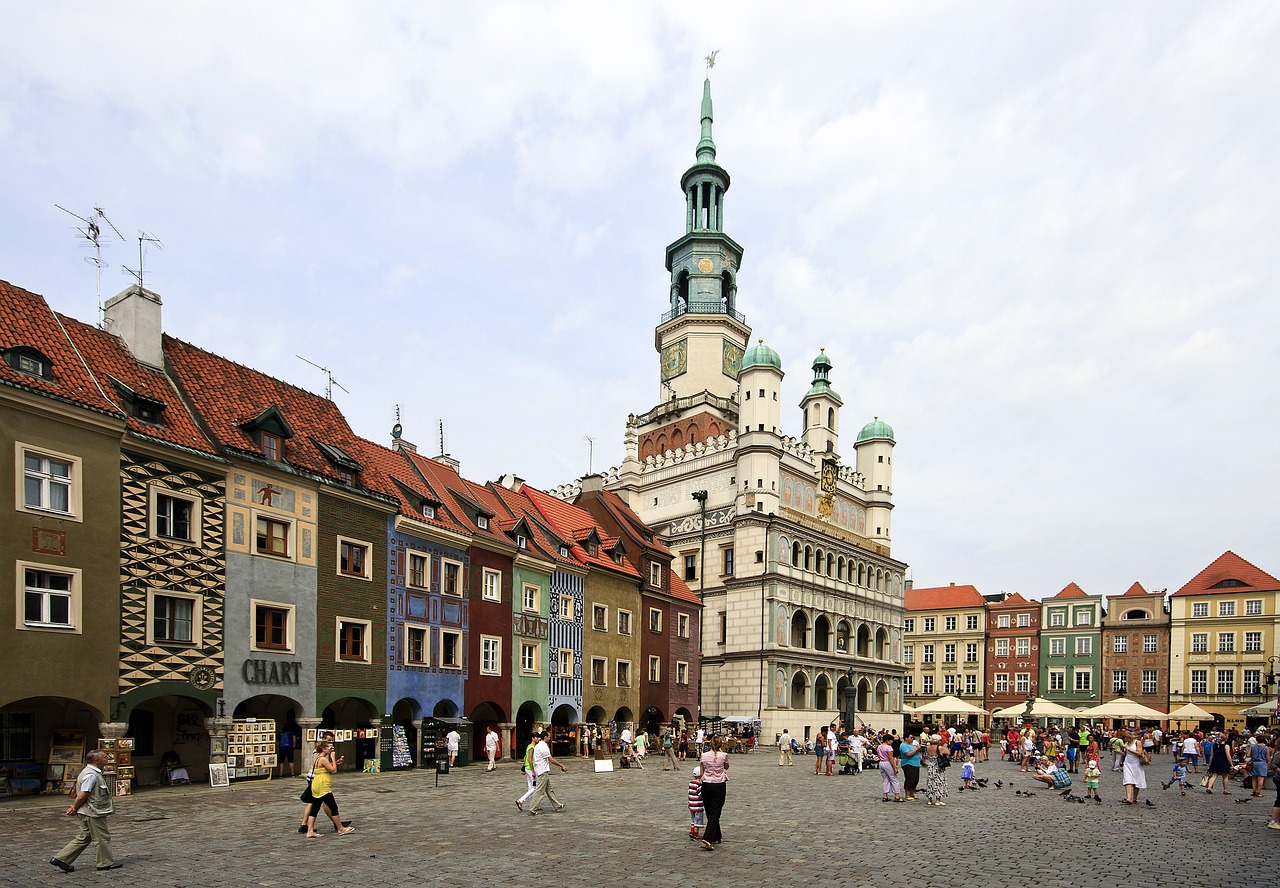Poland Video
Local Celebrations and Holidays: What to Expect in Poland
Poland is a country rich in culture and traditions, and its local celebrations and holidays reflect the diversity and vibrancy of its people. From religious festivals to national commemorations, there are numerous occasions throughout the year when Poland comes alive with festivities. This article will provide an in-depth look at some of the most significant local celebrations and holidays in Poland, offering insights into what to expect and how to make the most of your time in this fascinating country.
Easter
Easter is one of the most important religious holidays in Poland, and it is celebrated with great enthusiasm and devotion. The celebrations begin on Holy Saturday with the blessing of Easter baskets, which are filled with a variety of traditional foods such as eggs, bread, and sausage. On Easter Sunday, families gather for a festive meal, which typically includes dishes like żurek (sour rye soup), ham, and a sweet bread called babka. The highlight of the day is the Easter egg-rolling competition, where participants try to roll their decorated eggs the furthest distance without breaking them.
- Blessing of Easter baskets: Families bring their beautifully decorated Easter baskets to church to be blessed by the priest.
- Easter Sunday meal: Traditional Polish dishes are prepared and enjoyed by families during this festive meal.
- Easter egg-rolling competition: A fun activity where participants compete to see whose decorated egg can roll the furthest without breaking.
May 1st – Labor Day
May 1st is celebrated as Labor Day in Poland, honoring the achievements of workers and promoting workers’ rights. On this day, various events and parades take place across the country, organized by trade unions and political parties. People gather to march through the streets, carrying banners and flags, and listening to speeches advocating for workers’ rights. It is also common for families to spend the day outdoors, enjoying picnics and barbecues in parks or countryside areas.
- Parades and demonstrations: People take to the streets to participate in parades and demonstrations advocating for workers’ rights.
- Picnics and barbecues: Families and friends spend the day outdoors, enjoying picnics and barbecues in parks or countryside areas.
Constitution Day
Constitution Day, celebrated on May 3rd, commemorates the adoption of the Polish Constitution in 1791. It is a national holiday and an important day in Polish history. On this day, various events and ceremonies are organized throughout the country. One of the highlights is the reenactment of the historic Constitution Parade in Warsaw, where participants dress in traditional costumes and walk along the Royal Route. Concerts, exhibitions, and educational activities are also held to honor the significance of the Constitution.
- Constitution Parade: A reenactment of the historic parade takes place in Warsaw, with participants dressed in traditional costumes.
- Concerts and exhibitions: Cultural events and exhibitions are organized to celebrate the Constitution and its impact on Polish society.
Corpus Christi
Corpus Christi is a religious holiday celebrated on the Thursday following Trinity Sunday. It is a day when Catholics commemorate the presence of the body and blood of Christ in the Eucharist. The celebrations often involve processions, where the Blessed Sacrament is carried through the streets, adorned with flowers and accompanied by music. People gather to witness and participate in these processions, which are particularly grand in cities such as Krakow and Poznan.
- Processions: The Blessed Sacrament is carried through the streets in a solemn procession, often accompanied by music and floral decorations.
- Public participation: People gather to witness and participate in the processions, showing their devotion and respect for the Eucharist.
Independence Day
Independence Day in Poland is celebrated on November 11th and marks the anniversary of the country’s independence from foreign rule in 1918. It is a national holiday and a day of great significance for the Polish people. The celebrations include various events and activities, such as parades, concerts, and fireworks displays. The largest and most notable parade takes place in Warsaw, where thousands of people gather to show their patriotism and honor the heroes of the independence movement.
- Parades: Colorful parades are held in cities across Poland, with participants waving flags and showcasing their national pride.
- Concerts and fireworks: Musical performances and fireworks displays are organized to entertain and engage the public in the celebrations.
Christmas
Christmas is a major holiday in Poland, celebrated with deep-rooted traditions and customs. The festivities begin on Christmas Eve with the sharing of the Christmas wafer, which symbolizes unity and forgiveness. The traditional Wigilia dinner takes place, featuring a 12-course meatless meal that includes dishes like borscht, pierogi, and fried carp. The evening culminates in the opening of presents and attending Midnight Mass. Christmas Day is a time for family gatherings and further feasting.
- Sharing of the Christmas wafer: Family members and guests exchange pieces of the Christmas wafer, offering wishes and blessings for the upcoming year.
- Wigilia dinner: A 12-course meatless meal is prepared and enjoyed by families, with each dish holding symbolic meaning.
- Midnight Mass: Many Poles attend Midnight Mass to celebrate the birth of Christ.
Poland Image 1:

Epiphany
Epiphany, known as Trzech Króli in Polish, is celebrated on January 6th and marks the end of the Christmas season. It is a religious holiday that commemorates the visit of the Three Wise Men to the baby Jesus. In many Polish cities, processions are held, with participants dressed as the Three Kings and carrying gifts. These processions often include live animals and are accompanied by carols and hymns. Epiphany is also associated with the blessing of water, and in some places, brave individuals participate in the tradition of jumping into icy rivers or lakes to retrieve a cross thrown by a priest.
- Processions of the Three Kings: Participants dress as the Three Kings and walk in processions, often accompanied by live animals and music.
- Blessing of water: Water is blessed by a priest, and some people participate in the tradition of jumping into icy bodies of water to retrieve a cross.
Poland Image 2:

Poland Image 3:

Conclusion
Poland’s local celebrations and holidays offer a glimpse into its rich cultural heritage and provide an opportunity to connect with the traditions and customs of its people. Whether it’s Easter with its colorful egg-rolling competitions, Constitution Day with its historic parade, or Christmas with its heartfelt traditions, each celebration has its unique charm. By participating in these festivities, visitors to Poland can gain a deeper understanding of the country’s history, values, and sense of community.
References
– poland.travel
– culture.pl
– polandunraveled.com
– polandin.com


